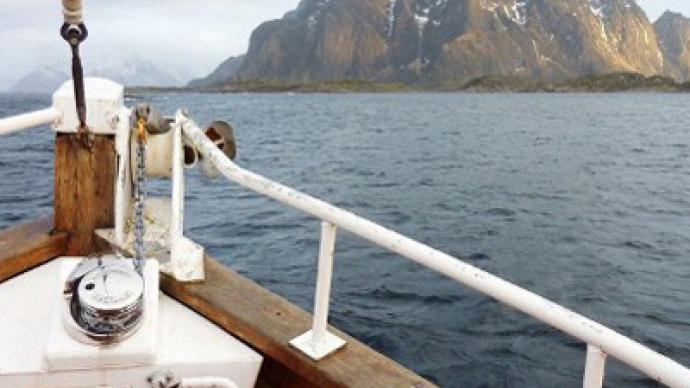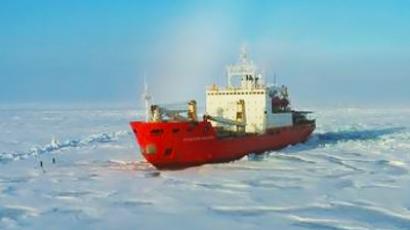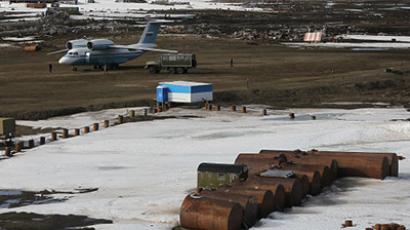Russia to set up Arctic frontier posts

Russia plans to establish twenty new Arctic border posts to control its Northern frontier and the Northern Sea Route.
Some 15-20 border guards will be stationed at each location to monitor the situation and take part in rescue operations if necessary, Vladimir Pronichev, the country’s Border Guard Service chief, told Izvestiya daily. He added that some of the posts will be established near nine rescue centers of the Emergencies Ministry and the Ministry of the Transportation to be opened as part of a government plan on the development of the so-called Northern Sea Route. The rest will be set up on remote islands. “At first glance, it seems that there is no one in the Arctic and no one can violate the border. But that’s not so,” Pronichev pointed out. In recent years, there have been several incidents with foreign tourists illegally sailing in Russian northern waters and getting into trouble. The Russian side was obliged firstly to help them and then – fine them for breaching the border, the official recalled. In addition, there are scientific expeditions exploring the shelf without permission, as well as poachers.The Arctic border guards will be wide-profile specialists capable of rescuing people, as well as providing maintenance work on electric and other facilities. Currently, some 2,500 kilometers of the Northern Sea Route are not controlled by Russian radars at all, Konstantin Sivkov, first vice president of the Academy of Geopolitical Problems told Izvestiya. Around 40 Soviet radiolocation posts were destroyed after the collapse of the USSR, he added. The shipping lane that runs across the Russian Arctic border and connects the Atlantic and the Pacific oceans is about 6,000 kilometers long. This means the new border posts will have to keep an eye on about 300 kilometers each, Sivkov said.In February, President-elect Vladimir Putin stated in a program article that one of Russia’s goals “is the revival of a Navy capable of service in the Arctic Ocean and in the Pacific”. “The leading military powers have intensified their activities in the Arctic, which forces Russia to secure its interests in the region,” the then candidate stressed.














